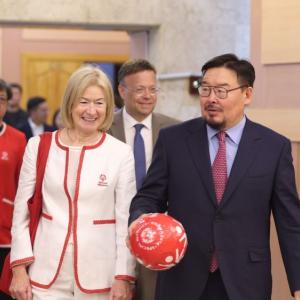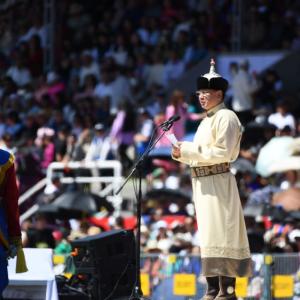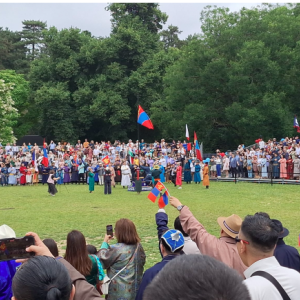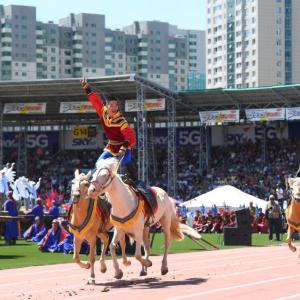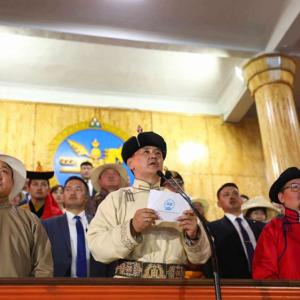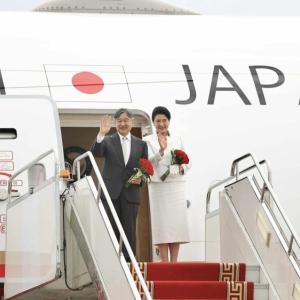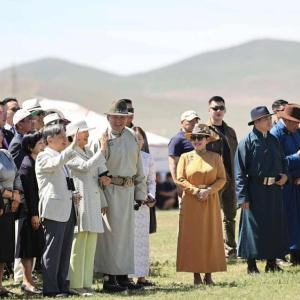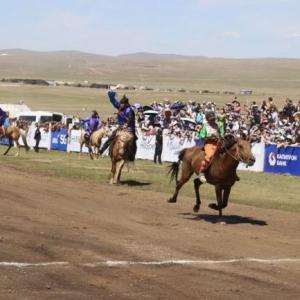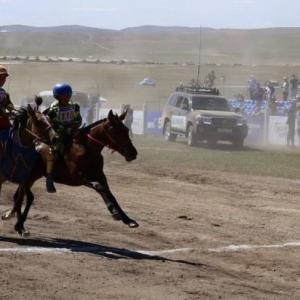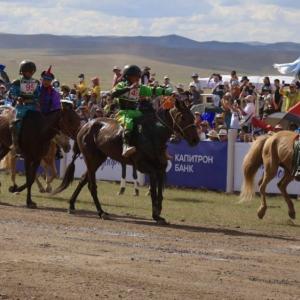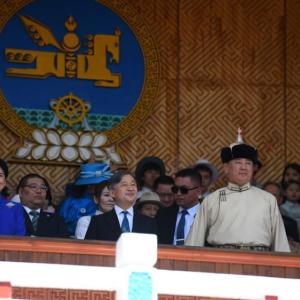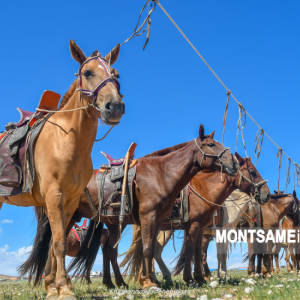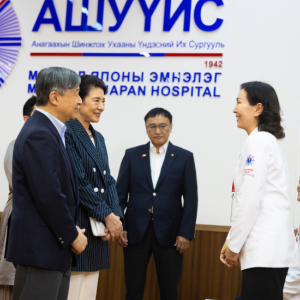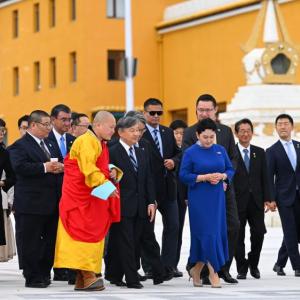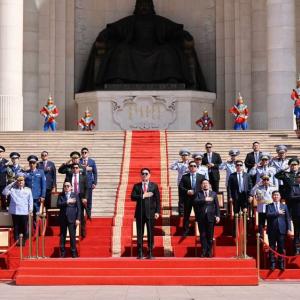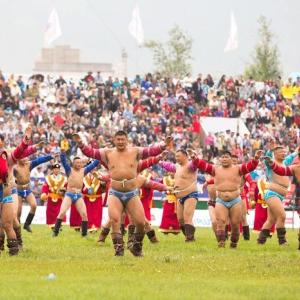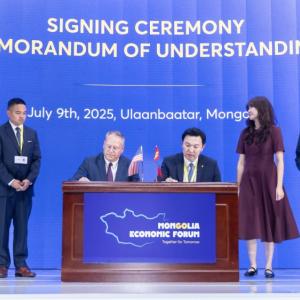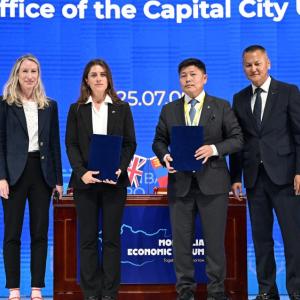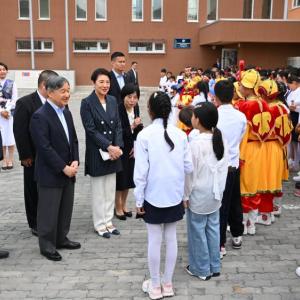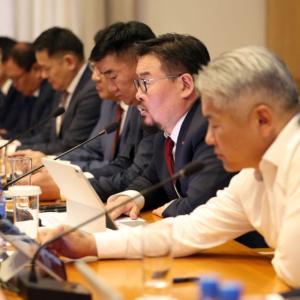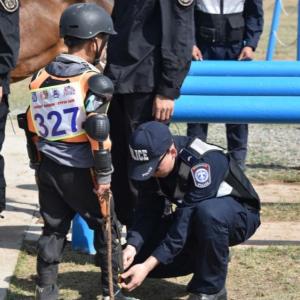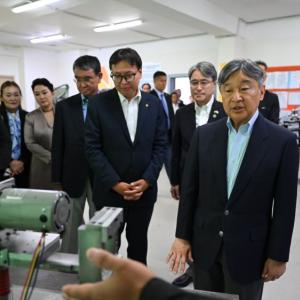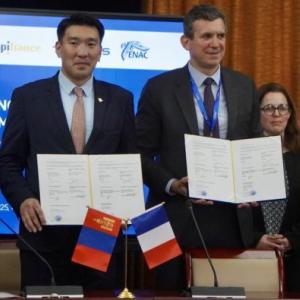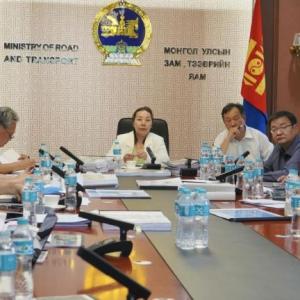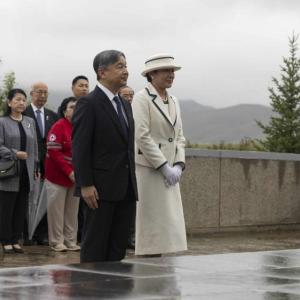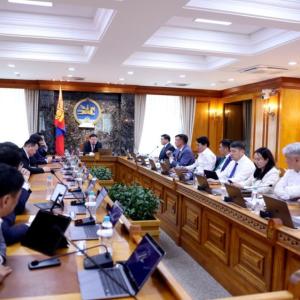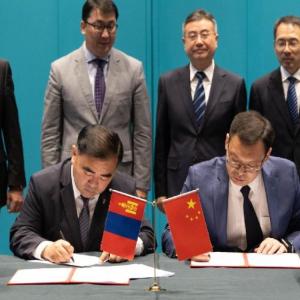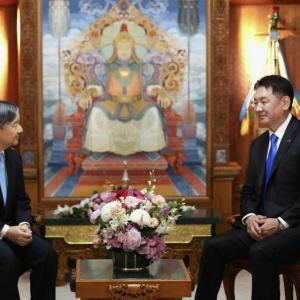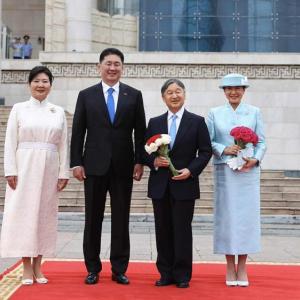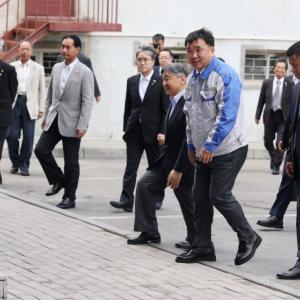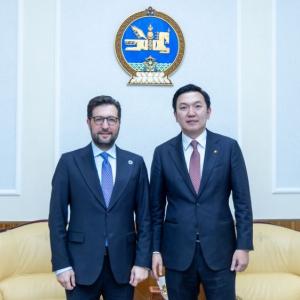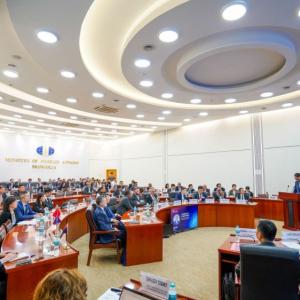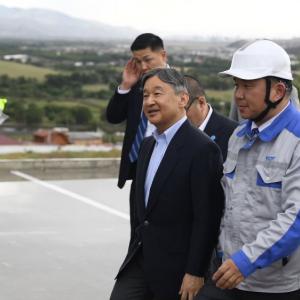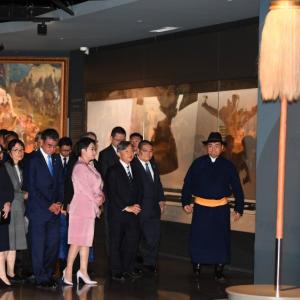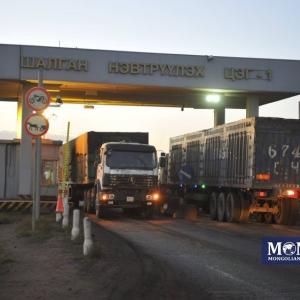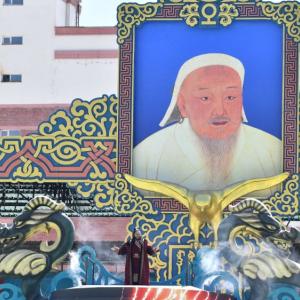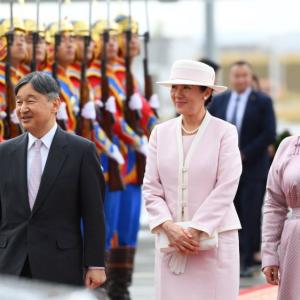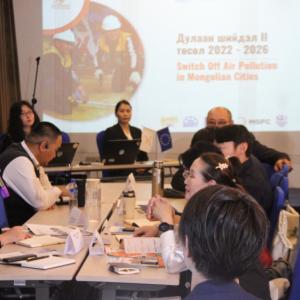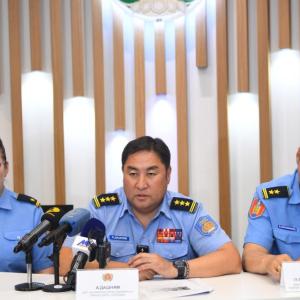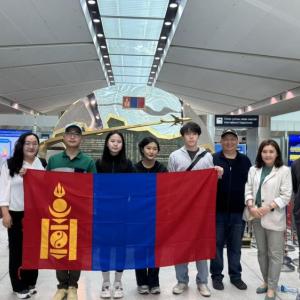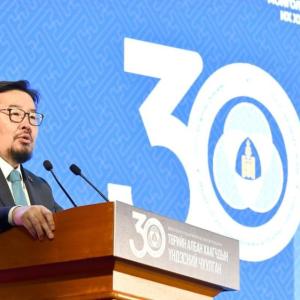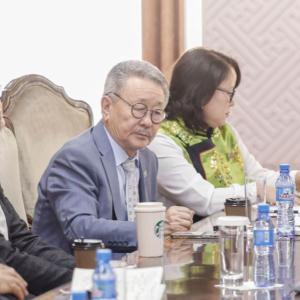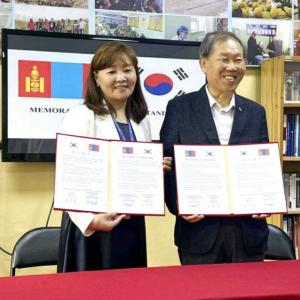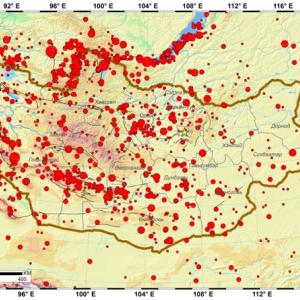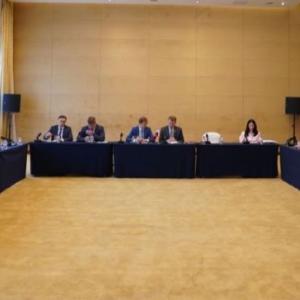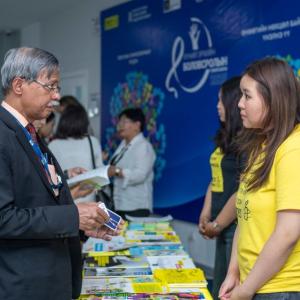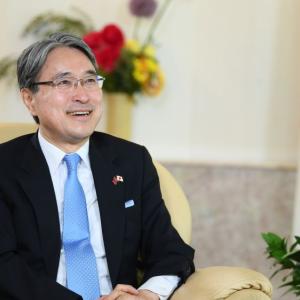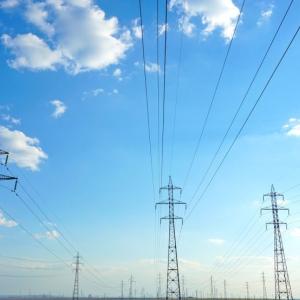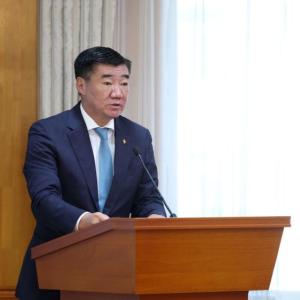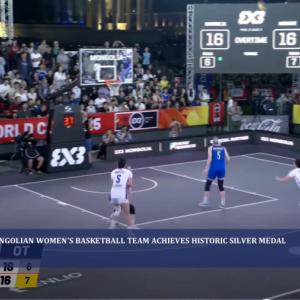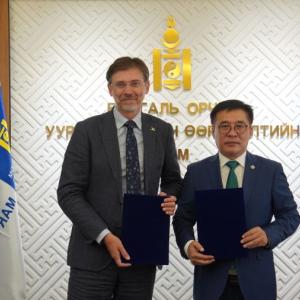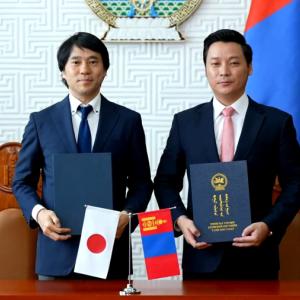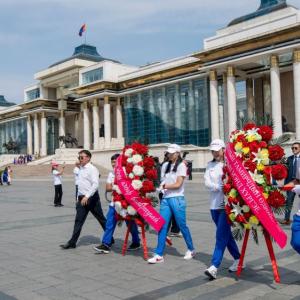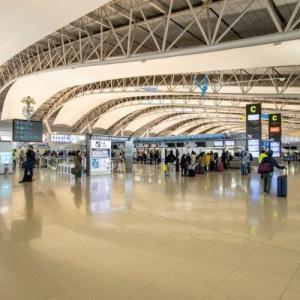Government urged to remedy inequalities in access to water and sanitation
Society
Ulaanbaatar /MONTSAME/ Mongolia’s government policy on access to water and sanitation are not firmly grounded on human rights as a whole with lack of adequate coordination among corresponding bodies, says a UN human rights expert.
“The human rights framework will guide the Government of Mongolia to progressively realize the human rights to drinking water and sanitation services. A priority should be given to bridging the gaps and inequalities,” said Leo Heller, the UN Special Rapporteur on the human rights to safe drinking water and sanitation, as he concluded his visit to Mongolia on April 20.
During his two-week visit, the Special Rapporteur met with representatives of the central and local government and members of civil society organisations and spoke to individuals living in rural and urban area as well as the nomadic population. He visited Ulaanbaatar city, Dalanzadgad and Tsogttsetsii of Umnugovi province and Dundgovi province.
“The picture in Mongolia is clearly divided: residents living in central areas of cities have connection at home to a piped water and sewerage system while the majority of the rural and ‘Ger’ areas do not. Many people still rely on water kiosks for drinking water and use an unsafe pit latrine located outside of their homes,” he said.
“The entire population in Mongolia - whether living in urban cities, rural areas, or with a nomadic lifestyle - should be provided with adequate drinking water and sanitation services. Those living in apartments, houses or ‘Ger’ should have equal level of access to those services to the extent possible.”
He named several factors contributing to the unbalanced picture in Mongolians’ access to drinking water and sanitation: extreme cold climate, geography, the dispersed population, lack of financial resources and inadequate institutional structure for water and sanitation provision.
The preliminary findings highlight the contrast in access to drinking water and sanitation services between rural and urban areas and ger and apartment areas, and the inequalities in terms of the nomadic population, children and girl child in education facilities and persons with disabilities and the older persons.
Implementation challenges including lack of recognition of water and sanitation as human rights and adequate governmental coordination have been identified as the Special Rapporteur emphasizes the importance of a comprehensive approach to implementing the human rights to water and sanitation to guide and aid Mongolia in bridging the gaps and inequalities in access.
The Special Rapporteur will submit a full report of his findings and recommendations to the Human Rights Council in September 2018.
“The human rights framework will guide the Government of Mongolia to progressively realize the human rights to drinking water and sanitation services. A priority should be given to bridging the gaps and inequalities,” said Leo Heller, the UN Special Rapporteur on the human rights to safe drinking water and sanitation, as he concluded his visit to Mongolia on April 20.
During his two-week visit, the Special Rapporteur met with representatives of the central and local government and members of civil society organisations and spoke to individuals living in rural and urban area as well as the nomadic population. He visited Ulaanbaatar city, Dalanzadgad and Tsogttsetsii of Umnugovi province and Dundgovi province.
“The picture in Mongolia is clearly divided: residents living in central areas of cities have connection at home to a piped water and sewerage system while the majority of the rural and ‘Ger’ areas do not. Many people still rely on water kiosks for drinking water and use an unsafe pit latrine located outside of their homes,” he said.
“The entire population in Mongolia - whether living in urban cities, rural areas, or with a nomadic lifestyle - should be provided with adequate drinking water and sanitation services. Those living in apartments, houses or ‘Ger’ should have equal level of access to those services to the extent possible.”
He named several factors contributing to the unbalanced picture in Mongolians’ access to drinking water and sanitation: extreme cold climate, geography, the dispersed population, lack of financial resources and inadequate institutional structure for water and sanitation provision.
The preliminary findings highlight the contrast in access to drinking water and sanitation services between rural and urban areas and ger and apartment areas, and the inequalities in terms of the nomadic population, children and girl child in education facilities and persons with disabilities and the older persons.
Implementation challenges including lack of recognition of water and sanitation as human rights and adequate governmental coordination have been identified as the Special Rapporteur emphasizes the importance of a comprehensive approach to implementing the human rights to water and sanitation to guide and aid Mongolia in bridging the gaps and inequalities in access.
The Special Rapporteur will submit a full report of his findings and recommendations to the Human Rights Council in September 2018.
Kh.Aminaa
Full coverage of the visit will be published on the upcoming Mongol Messenger issue.
Full coverage of the visit will be published on the upcoming Mongol Messenger issue.

 Ulaanbaatar
Ulaanbaatar
